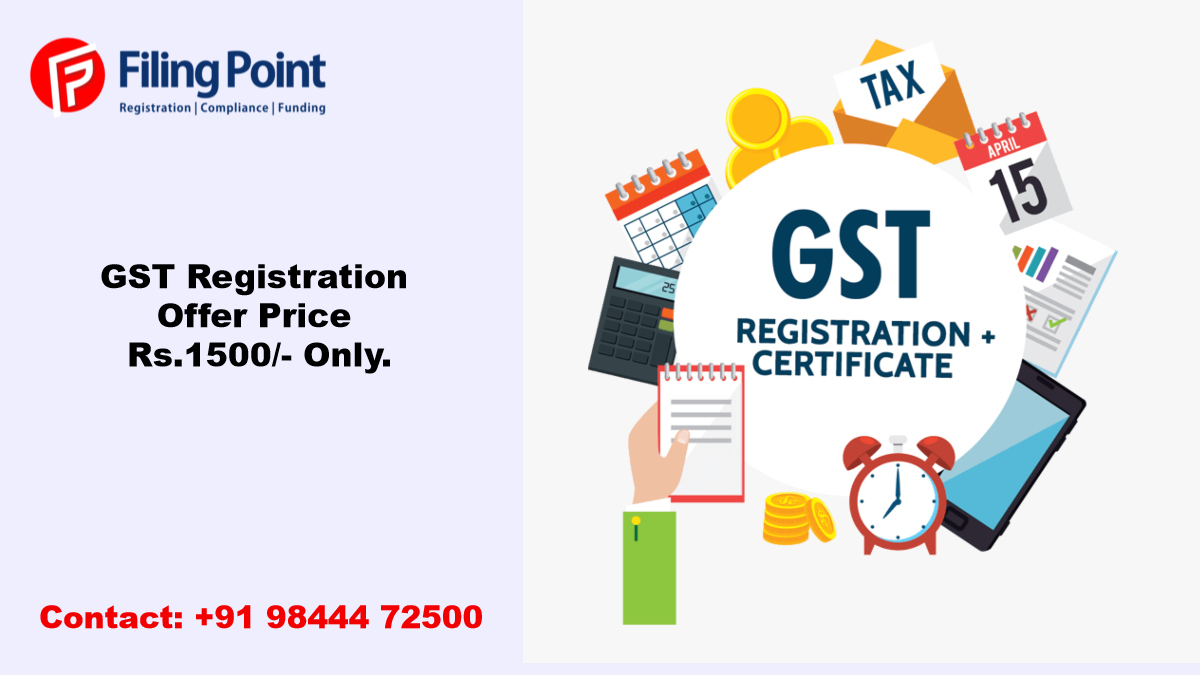Singapore GST Registration: What You Required to Know Prior To Applying
Singapore GST Registration: What You Required to Know Prior To Applying
Blog Article
The Ultimate Overview to Streamlining the GST Enrollment Process and Requirements for Small Company Owners

Understanding GST Basics
To comprehend the principles of the Goods and Solutions Tax Obligation (GST) system, little service proprietors have to initially understand its underlying principles and effects. Under the GST regimen, organizations are required to collect and sign up tax obligation on behalf of the federal government, making certain openness and compliance.
One of the crucial concepts of GST is input tax obligation credit history, which allows organizations to claim credit report for taxes paid on their purchases. This device protects against the plunging result of taxes and advertises efficiency in the tax obligation system. Additionally, GST is a destination-based tax obligation, implying that the tax obligation is imposed at the point of usage instead than the point of origin. This guarantees reasonable circulation of tax obligation earnings amongst states based on where the services or products are taken in. Comprehending these fundamental principles is essential for local business proprietors to navigate the complexities of the GST system and ensure conformity with the regulation.
Qualification Requirements for Enrollment
Having established a foundational understanding of GST principles, small company owners have to now satisfy details eligibility criteria to proceed with the registration procedure. In India, entities took part in the supply of goods or services with an annual aggregate turnover exceeding Rs. 40 lakhs (Rs. 10 lakhs for special category states) are needed to sign up for GST. In addition, specific organizations such as those entailed in inter-state supply of goods, informal taxed persons, and those needed to pay tax under the reverse charge device should sign up for GST irrespective of their turnover. Companies that were signed up under the previous tax regime (VAT, solution tax obligation, and so on) are likewise mandated to sign up under GST. Agricultural services that just provide produce out of key manufacturing are exempt from GST registration. It is important for entrepreneur to thoroughly assess their eligibility based on these requirements to make certain compliance with the law and prevent any charges for non-compliance.
Documents Needed for GST Registration

Simplified Enrollment Process Actions
Following the collection and confirmation of the requisite documents, the enrollment procedure for GST can be browsed with a series of simplified actions developed to assist in effective compliance for little organization proprietors. Upon effective verification, an Application Reference Number (ARN) is issued, suggesting the conclusion of the GST enrollment process. By following these simplified steps, little organization proprietors can successfully register for GST and ensure conformity with tax guidelines.
Tips for Ensuring Compliance
To maintain regulatory adherence and functional stability, thorough oversight and positive measures are crucial in recommended you read ensuring compliance with GST demands for tiny service owners. Little business owners should remain upgraded with GST regulations, filing deadlines, and any changes in tax obligation prices to avoid fines and keep an excellent standing with tax authorities. Participating in GST understanding workshops or training programs can boost understanding and compliance with GST policies, inevitably benefiting the company in the long run.
Conclusion
In final thought, small service proprietors have to recognize the basics of GST, meet the qualification requirements, collect needed files, and follow the streamlined enrollment process actions to make sure conformity. By streamlining the GST enrollment procedure and requirements, little organization proprietors can prevent charges and operate their organizations smoothly within the lawful framework - Singapore GST Registration. It is critical for local business owners to remain certified and enlightened with GST regulations to keep a successful business operation
Little company owners looking for GST registration should ensure they collect and submit the necessary documents to complete the registration procedure efficiently. The files needed for GST enrollment commonly consist of proof of service enrollment or unification, FRYING PAN (Irreversible Account Number) card of the organization identification, entity and address proof of the promoters/partners/directors, photos, address evidence of the area of company, financial institution account declarations or terminated cheques, and permission types. Attending GST understanding workshops or training programs can boost understanding and compliance with GST policies, ultimately benefiting the service in the lengthy run.
By simplifying the GST registration process and requirements, tiny organization owners can avoid fines and operate their organizations efficiently within the lawful structure. It is important for tiny organization owners to stay compliant and informed with GST laws to preserve an effective service operation.
Report this page